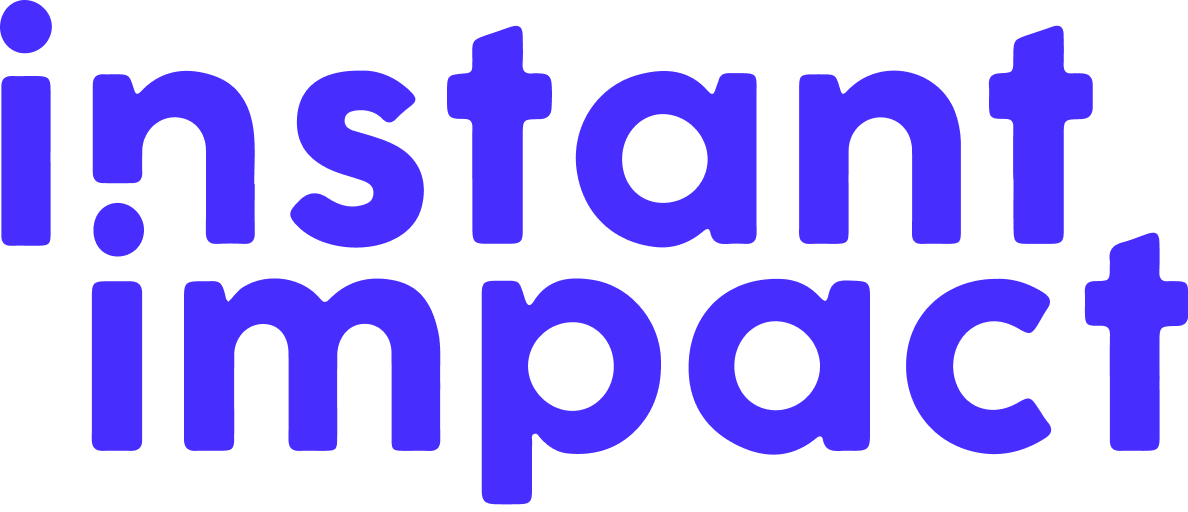No, this isn’t a story about the first known recruiter between 1650 and 1873, this is about when you should hire your first recruiter or start to build your own recruitment (Talent Acquisition) team.
As a specialist embedded recruitment provider, we speak daily to small and mid-sized businesses. They are clients, potential clients and people looking for information and expertise. One regular conversation topic is – do I need a recruiter or talent function, is now the right time to hire, what numbers or hires do I need to make it work, can one person really make a difference to my business? The list goes on, but the premise is the same – when should I hire my first recruiter?
The bad news is I don’t have the answer; however, I can share the ‘5 How’s’, questions we ask that you could ask yourself (as a business leader or as the ‘first in’ HR professional) to get some guidance:
1. How many hires will I need to make?
It sounds simple, but this can be one of the most challenging questions to get right. I suggest you look at three scenarios – Sustain, Grow and What if.
- Sustain – what is your current attrition level, how many hires will you need to sustain your business - remembering that if you grow, that attrition number will grow in physical terms.
- Grow – Looking at your growth plans for the next 1-3 years, what will you need to deliver this? What happens if it's successful? Most businesses have a revenue growth plan, so broad brush what people will be needed to sustain this?
- What if – the million-dollar question. When you add the numbers from Sustainment and Growth together you then need to apply a scenario to it:
-
- The optimist – your product takes off, you get more funding, the market is very buoyant.
- The realist (or pessimist) – interest rates stay high, clients aren’t spending, AI will take most of our jobs.
- The hedge bet – with the best and worst case established, what does the middle ground look like?
You should then be left with a good gauge on how many people you will need to hire. It doesn’t have to be perfect; this is just a broad estimate.
2. How hard are these hires?
By looking at some historical data - how long does it take you to make a hire on average, how niche are the skills you need? When you look at your hiring plan, how many are wider ranging corporate skills vs tough to hire skill shortage roles. For some businesses 10 roles can be as painful as 100 somewhere else.
I'd suggest you categorise these as easy to fill (people will apply to an advert and there is lots of choice), medium (I will probably need to use a Recruitment Agency), and hard (these roles need someone to actively search for a candidate), as this will help with question 3.
3. How important is money?
A good exercise to do is to look at -
- The hiring you need to make
- How complex / hard those hires are
The estimate the cost. A simple tool could be:
-
- Say 20% of your hires find you through a job posting, or application – count these ones at 5% or salary as a ‘cost to hire’.
- Then for the 80% break these down to assume you will need to use a recruitment agency. A good gauge would be, simple roles at 10% salary, medium roles at 15% salary and complex at 25% in today's market.
This will then give you an idea on how much recruitment will cost you in each scenario.
4. How important is time?
There are two aspects here, the time it takes people in your business to be involved in recruitment and the time it takes you to hire someone.
- Internal time - Let's say the business spends 40 hours on recruitment activity (HR and Hiring managers), that’s a week per hire, so take your average salary (for a week) and multiply it by hires and you’ll get the value of unintended business impact. Hiring a recruiter won’t eradicate this but it could half this number or more
- Opportunity cost – This is the cost of having an empty seat. This will vary massively between roles and industries, but no matter what you do, it will have an impact, or you wouldn’t be hiring. A simple calculation would be to take the average salary you used above and work out a day rate. This calculates what impact just 5 days could have. 5 x average day salary x hires.
These two metrics will show you what time you are spending on recruiting instead of doing your day job and how much an empty seat is costing.
5. How important is time?
Whether you like it or not everyone who touches your company has an experience (positive or negative) and everyone is a potential employee or customer in the future. Across recruitment globally, hired candidate NPS (Net Promoter Score) is 14 (scored -100 to +100) from surveyed candidates who got the job, never mind those that didn’t. So, to you and your business how important is candidate experience and how much control do you want over this.
By asking yourself these 5 questions you should have a good idea of what is important to you and what could be the best course of action, these may be:
- Do nothing – I’m happy to stick with what I’m doing; the risk and cost are minimal and I’m happy using internal resource and recruitment agencies.
- Hire my own recruiter – I have a reasonable volume of work; the roles are reasonably similar, and I have a good HR / Internal team that can support a recruiter to be successful. I’m also happy to invest in technology such as an applicant tracking system or sourcing tools, such as LinkedIn or job boards.
- Outsource the problem – I know I need to do something about this, but I don’t have the time or expertise, the roles are varied and complex and volumes could fluctuate, so I’d rather work with someone who can be fully aligned to solving this problem for me.
No matter the current challenges facing your business, there are plenty of people out there to help guide and support your decision making. I speak to people like you daily and we don’t always recommend outsourcing, we look at what is best for that person at the time and work through the options.
So when should I hire my first recruiter? Why don’t you ask yourself the ‘5 How’s’ or give me a call.




